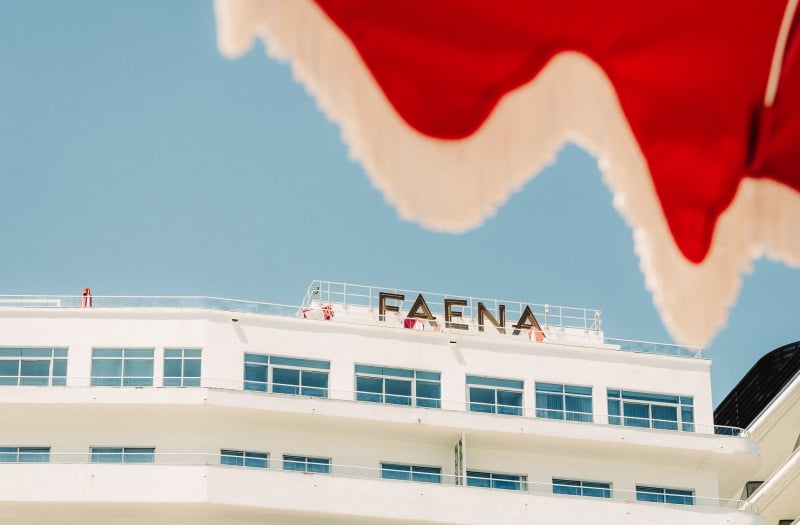Dive into the Faena Universe. Discover what’s new in events, entertainment, dining, wellness, and retail across our vibrant Faena Districts worldwide. Journey through immersive stories and meet the people and personalities who bring each experience to life.
Arts|
Lifestyle|
Live
Diego Gravinese
Diego Gravinese, acclaimed Argentine artist, is known for hyperrealist works that merge reality with surreal narratives - see his mural in The Cathedral of Faena New York, commissioned by Faena Art.
Lifestyle|
Live
The High Line
Faena New York will elevate New York City’s High Line to new heights when it opens its doors this August.







